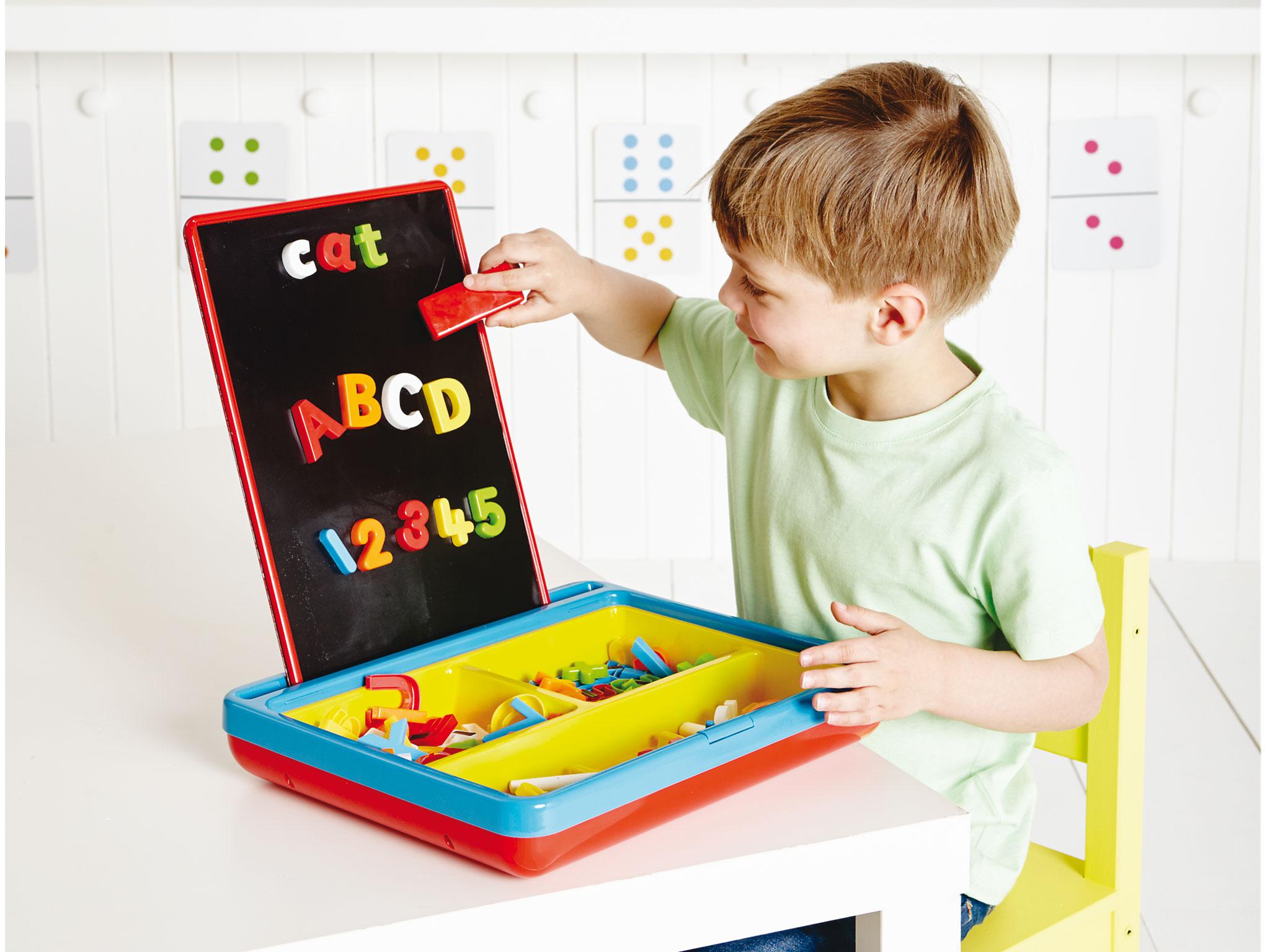
Choosing the right toys for children is crucial to their development and learning. While play is essential, educational toys can enhance cognitive, social, and emotional skills in a fun and engaging way. This article explores ten educational toys that not only entertain but also stimulate young minds, encouraging a love of learning from an early age.

Introduction
Every parent wants their child to grow up happy, healthy, and smart. While traditional schooling is crucial, it’s also important to nurture a love of learning outside the classroom. This is where educational toys come in. These toys aren’t just for fun; they’re carefully designed to help kids develop key skills and knowledge. From building blocks that boost spatial reasoning to interactive games that spark curiosity, there’s an educational toy out there for every child and every stage of development.
Frequently Asked Questions
Q: What makes a toy educational?
A: An educational toy is one that goes beyond pure entertainment and actively encourages learning and development. It might focus on specific skills like problem-solving, creativity, language, or math. Educational toys often engage a child’s senses, promote critical thinking, and encourage exploration.
Q: How do I choose the right educational toys for my child?
A: Consider your child’s age, interests, and developmental stage. Look for toys that encourage open-ended play, stimulate curiosity, and promote a variety of skills. Check reviews and consider the quality and durability of the toy.
Q: Can educational toys replace traditional learning?
A: Educational toys are valuable tools to supplement traditional learning, not replace it. They provide a fun and interactive way to reinforce concepts and skills learned in school.
Building Blocks
Building blocks are a timeless classic that offer endless possibilities for learning and play.
- Spatial Reasoning: Building with blocks helps children understand spatial relationships, shapes, and how objects fit together.
- Fine Motor Skills: Manipulating blocks strengthens hand-eye coordination and dexterity.
- Creativity: Building blocks encourage imagination and the development of artistic skills as children create their own structures and designs.
- Problem-Solving: Constructing complex structures encourages critical thinking and problem-solving as children learn to overcome challenges and adapt their designs.
Puzzles
Puzzles are a fun and engaging way for children to develop various cognitive abilities.
- Problem-Solving: Puzzles encourage children to think critically and systematically, breaking down complex problems into smaller steps.
- Spatial Reasoning: Jigsaw puzzles, in particular, help children understand spatial relationships and improve their visual perception.
- Fine Motor Skills: Manipulating puzzle pieces strengthens hand-eye coordination and dexterity.
- Cognitive Flexibility: Children learn to adapt their approach and strategies when faced with different puzzle challenges.
- Patience and Perseverance: Completing puzzles teaches children the value of persistence and the satisfaction of achieving a goal.
Board Games
Board games provide a fantastic opportunity for children to develop social and cognitive skills while having fun.
- Strategic Thinking: Games like chess and checkers require children to plan ahead and think strategically, developing their analytical skills.
- Social Interaction: Board games encourage communication, turn-taking, and cooperation, fostering social skills and teamwork.
- Problem-Solving: Many board games involve challenges and obstacles that children need to overcome, promoting critical thinking and problem-solving abilities.
- Math and Literacy: Games incorporating numbers, letters, or words can subtly enhance mathematical and literacy skills.
Art Supplies
Art supplies offer a wonderful avenue for children to express themselves creatively and explore different mediums.
- Imagination and Creativity: Drawing, painting, sculpting, and other art forms allow children to translate their ideas into tangible expressions.
- Fine Motor Skills: Holding crayons, paintbrushes, and other art tools strengthens hand-eye coordination and dexterity.
- Self-Expression: Art provides a safe and non-judgmental space for children to communicate their emotions, thoughts, and experiences.
- Cognitive Development: Art activities can boost creativity, imagination, and problem-solving skills.
Science Kits
Science kits spark curiosity and encourage hands-on learning about the world around us.
- Scientific Inquiry: Kits often involve experiments and activities that encourage children to ask questions, test hypotheses, and make observations.
- Problem-Solving: Scientific kits promote critical thinking and problem-solving skills as children figure out solutions to challenges presented in experiments.
- Critical Thinking: By understanding how things work, children develop critical thinking skills and learn to analyze information.
- STEM Education: Science kits introduce foundational concepts in STEM fields like biology, chemistry, physics, and engineering, laying the groundwork for future learning.
Educational toys are more than just playthings. They’re valuable tools that nurture children’s cognitive, social, and emotional development. By choosing toys that promote learning and engagement, parents and educators can cultivate a love of learning in children from an early age. It’s important to remember that play is crucial for child development, and educational toys provide a fun and engaging way to learn while having fun.






